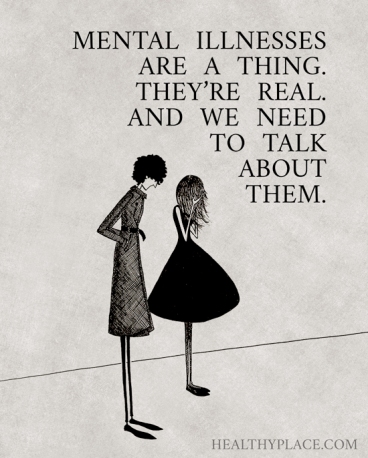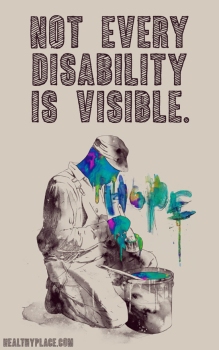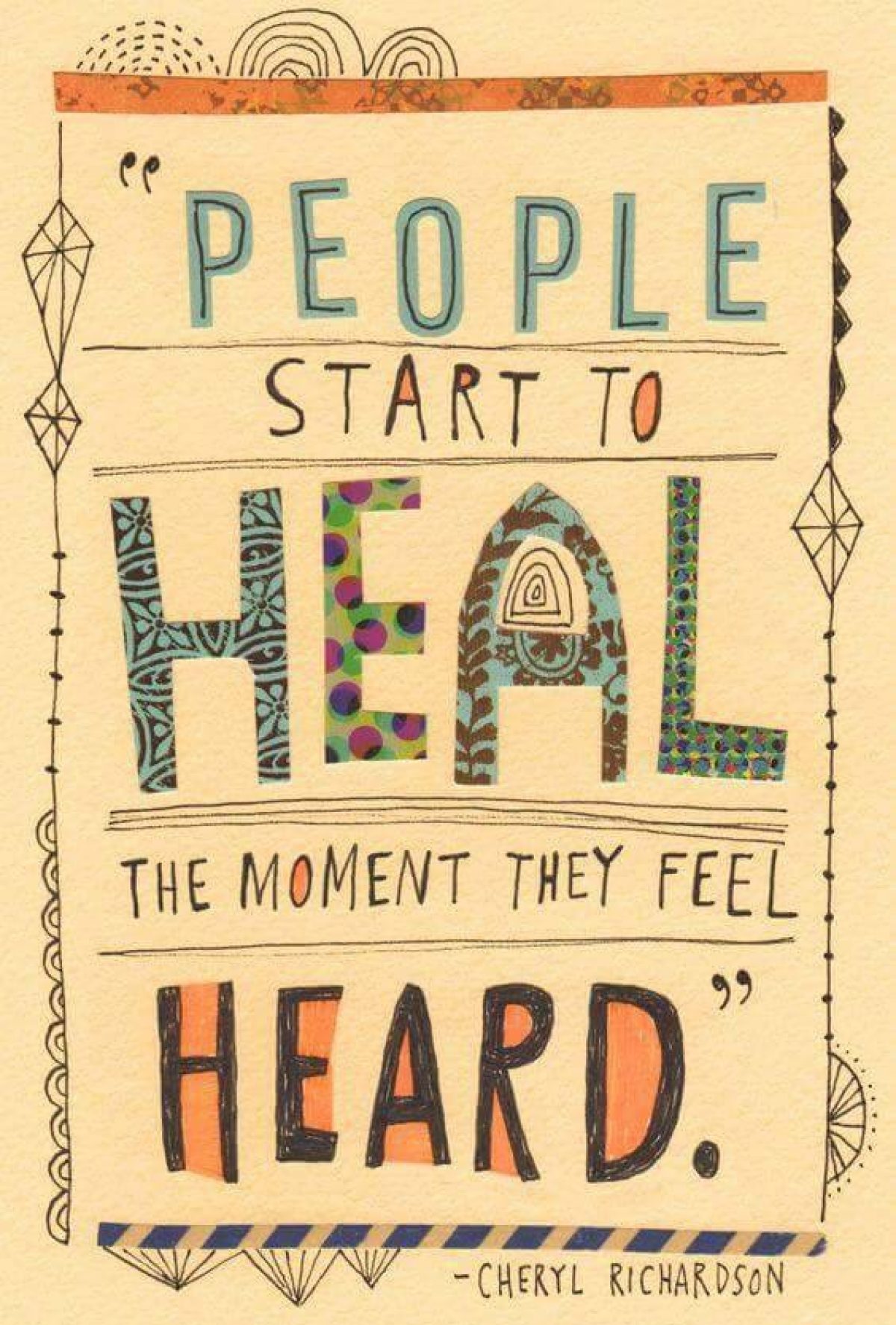So my last post shared “The Top 10 ways to help someone with depression.” Therefore it only seems natural for this post to share some of those awful experiences I have had. I want you to know, if this has ever been you saying these things to me or someone else, don’t worry. Perhaps you didn’t understand depression fully. Perhaps you were just nervous of what to say. Perhaps you were just trying to help.
To reassure you my husband has regularly put his foot in it! I know his love for me is so complete, yet he still says the wrong thing sometimes. We are human. We make mistakes. But 1 in 4 people will have suffer from a mental health condition in their lifetime. You will all definitely encounter someone as either a loved one, friend or colleague. We owe it to these people to help them and not hinder them.
When I have felt low and ill a poorly timed, misinformed comment has pushed me further into my depths of despair. This is why the message of how to help and what not to say must be spread. Let’s help more people avoid the stigma surrounding mental health and ensure they are supported not pushed further away.
 Previous posts have shared the importance of talking (It’s Good to Share how you feel). But there are times that people’s responses have been so upsetting that I wish I had not opened my mouth at all. One of the biggest problems is people not listening properly to what you are telling them. When people are depressed it can take an awful lot of energy, anxiety and emotion to open up to someone and talk to them. It is so hard to do this because it is like opening up your soul to the world and suddenly you are very fragile and insecure because you have laid yourself bare. If you dismiss what they are saying, refuse to listen, belittle their suffering or ignore their words and expect them to just cope with this you are not helping their recovery; you are actually putting it back.
Previous posts have shared the importance of talking (It’s Good to Share how you feel). But there are times that people’s responses have been so upsetting that I wish I had not opened my mouth at all. One of the biggest problems is people not listening properly to what you are telling them. When people are depressed it can take an awful lot of energy, anxiety and emotion to open up to someone and talk to them. It is so hard to do this because it is like opening up your soul to the world and suddenly you are very fragile and insecure because you have laid yourself bare. If you dismiss what they are saying, refuse to listen, belittle their suffering or ignore their words and expect them to just cope with this you are not helping their recovery; you are actually putting it back.
The problem is I know I can look and sound fine as I am saying it. I appear well. I appear in control. I appear stable. Unfortunately this is often not the case. I have had friends texting me am I back at work without asking how I am. This has made me feel like they are checking up on me and don’t believe I am unwell. I have had friends completely blank me or refuse to acknowledge it when I have said I have been feeling suicidal. Sometimes I am left questioning myself. Did I not explain it properly? Did I not truly share how I am? Did they just look at me and not really listen to any of the words coming out of my mouth?
This failure to listen effectively has had such a big impact. It has made me feel like a disappointment because I shouldn’t be unwell. It has left me questioning my illness and whether it is real. It has made me feel like people think I am making it all up. I have been put off opening up again. I certainly feel like there are certain people I will never be honest with again because I can’t bear to be hurt by their reactions.
So please don’t use these: “snap out of it” or “pull yourself together” or “get busy and you will feel better soon.” One of the trials people with depression have to face is this type of reaction. The person who claims to know what it feels like and says one of the above. If this is you, please stop! If you are saying or thinking these things you really do have no idea what depression is like. People cannot just pull themselves together or get busy to get over it. This is not like feeling low or down for a few days or weeks. This is like being swallowed up by an abyss with no way of escape. What is depression really like?
Another point that people should avoid doing is making judgements. The best advice I can give here is you don’t know what it feels like. Even I as a sufferer of depression do not fully understand what it is like for a fellow sufferer. I may be able to understand certain parts, or empathise with some feelings but I don’t know fully what they are going through. Therefore I try to never make any judgements about them. When you have depression you are probably your own worse judge. You certainly don’t need any other individuals making any judgements about you.
Don’t try and problem solve depression. In my time I have come across a lot of people who have tried to help by listing all the things I should be doing to get well. These people are usually completely well meaning, lovely and helpful people. They believe that the best way to help someone with depression is to suggest things for them to try. There needs to be a balance here. I wouldn’t say it is wrong to sometimes listen and offer advice but when this turns into a list of things to do to solve it, as if it is a problem, it will not help the person. The list can become too much to handle and they may feel judged if they don’t complete the tick list given.
Don’t think that they are just looking for attention. In fact the opposite they are usually the people who cower away from any attention. They avoid it at all costs. Someone with depression does not want to be the centre of attention, they do not want anyone to be looking at them or thinking about them. No one would ever make up depression, it is horrible and life ridding.
Don’t give a depressed person orders. Phrases like “you should do this” or “you must do this” will not help. In fact they can spark anger and frustration within the illness. I can remember when I was first ill with depression I had one person who started giving me instructions like orders that I should follow in order to get better. Instead of following them the opposite happened. I became majorly resistant to doing anything they commanded me.
Finally I want to say I’ve had some bad experiences at the hand of the stigma of mental health but in the whole I have been lucky. I have had some amazing people surround me with their love and care. A colleague of my husbands read this blog the other day and said “I almost feel it is a bit wrong for me to be reading it. Reading it is like knowing the ins and outs of your wife’s brain.” I’m glad beca use that is what I am intending. I’m sharing the innermost thoughts to help others understand and shatter the stigma surrounding mental health. And I will keep doing it!
use that is what I am intending. I’m sharing the innermost thoughts to help others understand and shatter the stigma surrounding mental health. And I will keep doing it!


